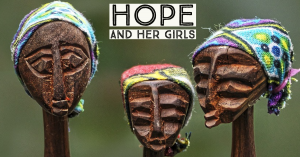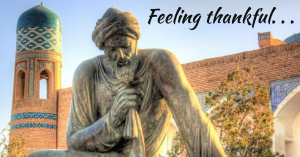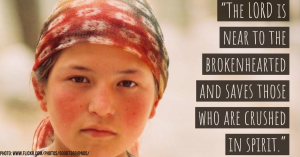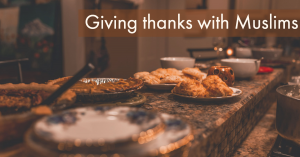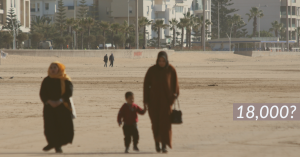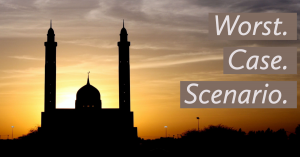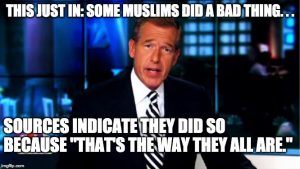
| My friend, Ryan Pennington runs a very cool organization in Amarillo, Texas, called the Refugee Learning Project. They serve refugees by helping them learn English. They offer 1-on-1 training and mentorship for refugee leaders and foster relationships between refugee families and local residents.
Ryan recently shared the steps that led to a pivotal training event at a local elementary school and some of the good results. I was encouraged by this and think you will be too: Let’s recap the relational progression that led to yesterday’s Somali culture training at Mesa Verde Elementary School. 1. I walk into a mosque and meet Dr. Salad (suh LAHD). Ryan summarizes, “Wow. Do you see what relationships can accomplish? Two key relationships opened the door to systemic change in our city.” I say if this can happen in Amarillo, it could probably happen in my town and yours! |

